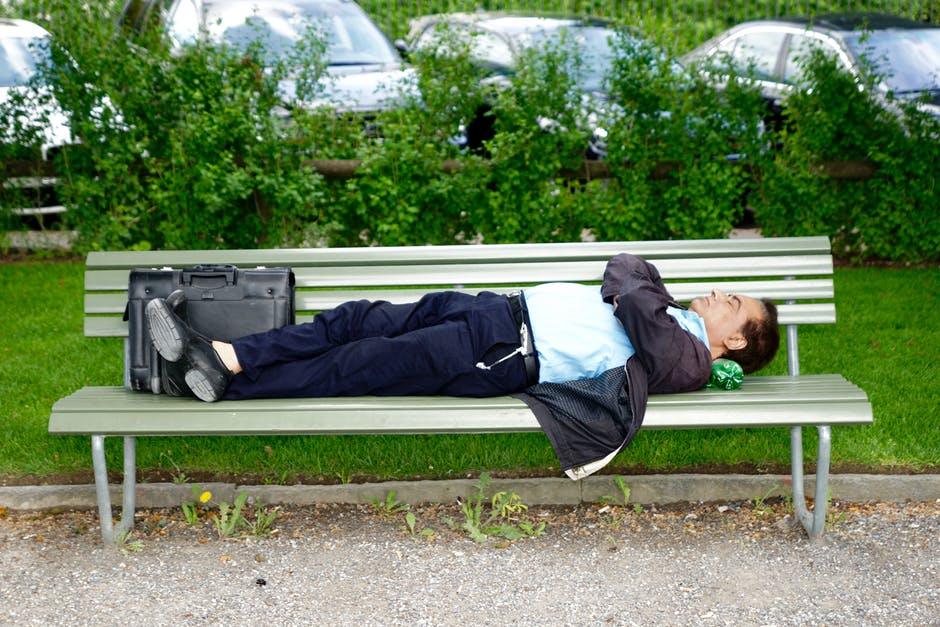
We all know how we feel when we get a lack of sleep. Some describe lack of sleep as “feeling as if I’ve been run over by a truck”. No offence intended to those who actually may have been run over by a truck. But you get the idea. We’ve all been there at some time or another. Is Lack of Sleep Affecting Your Genes?
Research by Dr Simon Archer and his team in Britain was recently featured in the BBC online news. The research indicates that about 500 genes are affected from lack of sleep. “Genes associated with process like inflammation, immune response and response to stress became more active.” The Dr’s team also saw increased activity of specific genes associated with diseases like cancer and diabetes. Most importantly, the reverse happened when the volunteers added an hour of sleep, instead of subtracting one.
Further research about sleep deprivation and genes demonstrates that it takes only one night of sleep loss for the genes that control the biological clocks in your cells to be altered.
Is Lack of Sleep Affecting Your Genes in the long term? Doctors are still trying to determine whether the genetic changes are reversed after one or a few good night sleeps, or if the changes are longer lasting. Epigenetic ‘marks’ have been found altered in shift workers and people suffering from type 2 diabetes. So this means perhaps genetic changes are longer lasting and could cause serious illnesses.
Science aside, getting a good night’s sleep makes us feel better! And that’s important for quality of life!
If we had unlimited means, we think we would choose an adjustable bed for the ultimate sleep environment. What are you sleeping on?
